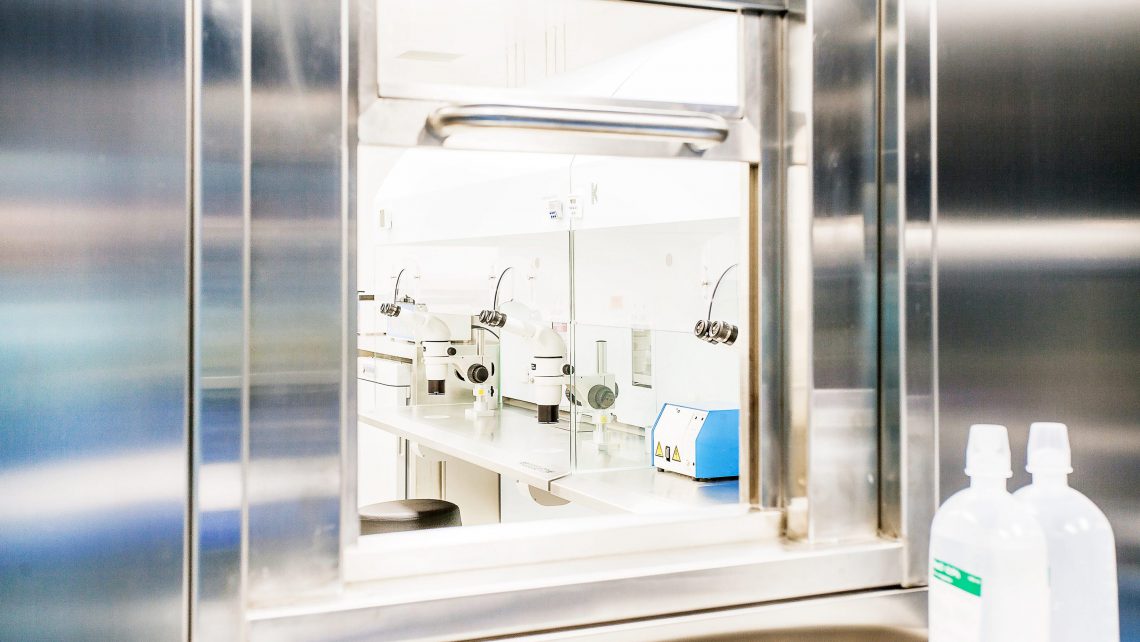Instituto Bernabeu studies whether or not retaining fertilisation failure or abnormal fertilisation oocytes in culture is advisable
04-02-2020

The Embryology and Reproductive Medicine Units at Instituto Bernabeu are leading research aimed at determining if a reasonable number of good quality blastocysts (embryos on days 5 to 6 or development prior to implantation) can be retrieved following culture and observation of oocytes that have not fertilised correctly. In in vitro fertilisation laboratories, around 20% of inseminated oocytes suffer fertilisation failure and 3% of oocytes fertilise abnormally.
The researchers observed the results obtained in around one thousand zygotes from in vitro fertilisation (IVF) and intracytoplasmic sperm injection (ICSI) following the insemination of over 3,000 oocytes. Embryologists at Instituto Bernabeu set up different groups depending on the origin of the ova (the patient’s own or donated); if ova were fresh or had been vitrified; the type of semen (fresh or frozen); and the culture medium used up until day 6 of embryo development. The purpose was to compare good quality blastocyst formation.
Analysis of the results did not reveal statistical differences when the percentages of good quality blastocysts in each group were compared.
Based on the low percentage of zygotes from non-fertilised oocytes that reached blastocyst stage and oocytes that fertilised abnormally, the researchers point out that monitoring their progress is not recommended ‘except when there is an absence of correct fertilisation.’ The experts point out in their conclusions that, in these cases, monitoring must be performed in conjunction with a biopsy of cells from the trophectoderm in order to understand the chromosomal status of these blastocysts. The research work was presented at the Association for the Study of Reproduction Biology (ASEBIR) Congress held in October in Cáceres, Spain.
¿Merece la pena mantener en cultivo los ovocitos con fallo de fecundación o fecundación anómala?
M. Aparicio, L. Herrero, L. Cascales, R. Romero, J. Ll. Aparicio, J. Ten, R. Bernabeu
